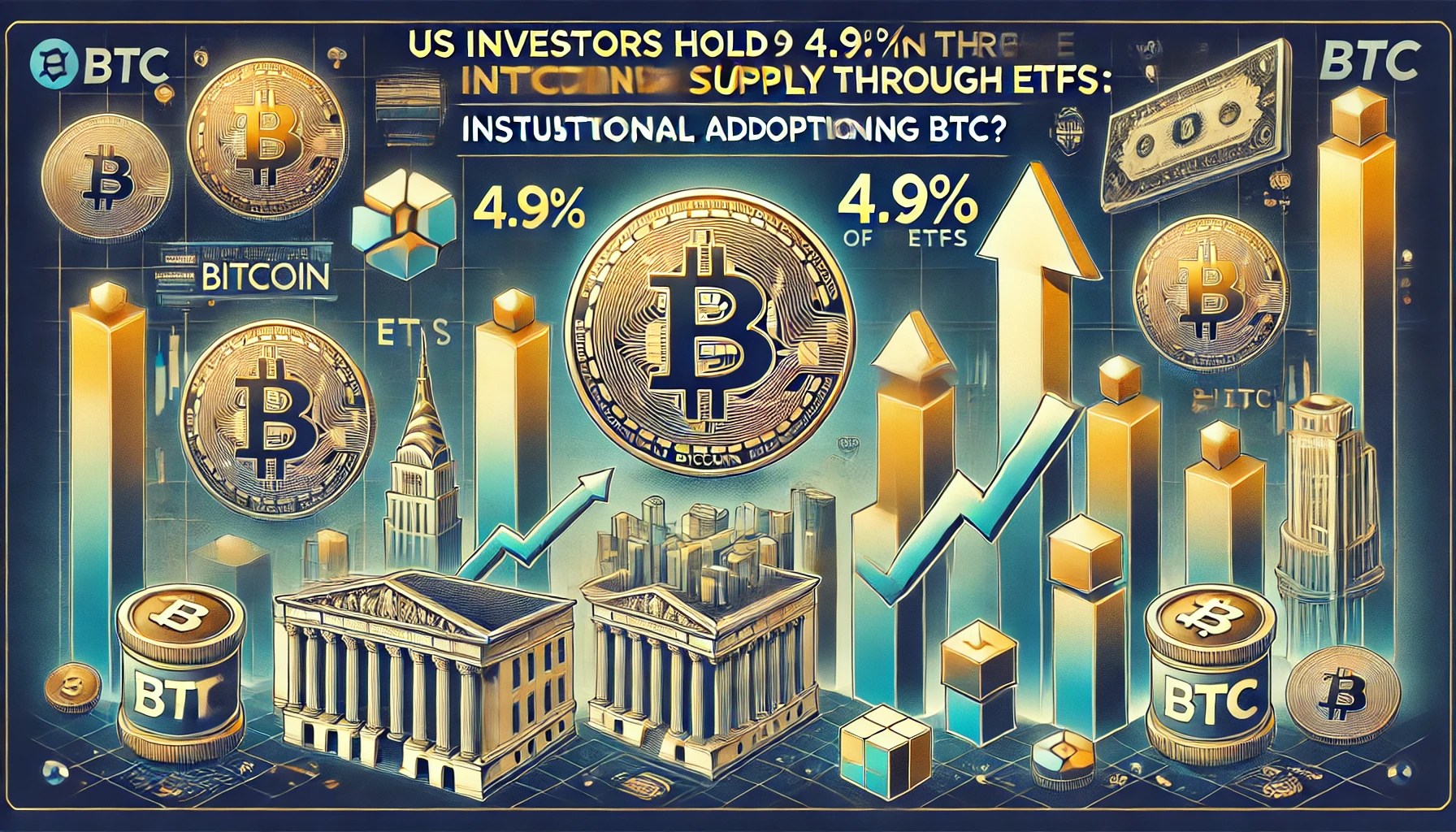About once a year I try to address the vital issue of financial scams. I am nothing short of shocked at the growing frequency and sophistication of financial scams occurring at this time. In years past our office may deal with a family who had been hacked or scammed maybe one or two times a year, now it seems to be occurring one or two times a month.
Unfortunately, earlier this year my family was a victim as well, as my wife got caught in a text phishing scam impersonating our local bank. And just recently I was made aware of an individual who got caught up in a tragic crypto phishing scam that may end up costing half the family’s life savings.
In both situations the scammers created websites that closely impersonated legitimate financial services company websites. In the case of the fraud involving the mockup website of the local bank, my wife responded to a text involving dog food that directed her to a fake website which was used to collect log in, password and even the text authentication code. Within minutes, this information was then used by the scammers to log in to the legitimate bank website and electronically transfer money from one of our accounts.
People are also reading…
In the case of the crypto scam, a website was created that looked very, very similar in name and functionality to a legitimate crypto exchange website and crypto “wallet.” The scammers then called the victim, presenting themselves as a crypto investment service, and solicited a number of large deposits into the fake “wallet,” which would be invested and traded in crypto currency strategies.
The victim, who was not an unsophisticated investor, was even able to log in to the website and view his balances and trades. The fraud was revealed when he attempted to withdraw funds from his crypto wallet to transfer back to his bank. At that point the fake crypto investment broker stopped responding and his log-in stopped working, resulting in a terribly expensive tragedy.
In both cases the fraudsters used a combination of phone or text interaction and fake financial services websites to affect the scam. This type of multi-contact approach technique is extremely difficult to discern as a fraud.
In another terrifying incident I heard about recently, a scammer was able to create a fake Indiana driver’s license and go into a cell phone store, access a customer’s accounts through the store employee and charge a sizable number of Apple products to the account and walk out with them. The actual cell phone customer began receiving purchase alert emails, which he thought were scam emails, but then decided to investigate anyway.
In our firm, and most investment services firms, withdrawal requests must always be phone verified before being processed. Knowing this, however, a recent warning from securities industry regulator FINRA alerted investment firms that scammers were hacking investor emails, accessing their investment statements and then opening fake online trading accounts and requesting firms to transfer assets to the fake account using the industry’s automatic account transfer system. Once the account transferred to the fake online trading account, the investments would be sold, and the proceeds withdrawn. We now verbally confirm any out-going transfer requests as well.
So, if I’ve scared you, I did so on purpose. I wish I had the answers on how to protect yourself and your family from these scams, but the ball moves too fast to provide advice on every type of emerging scam.
I think the first and best line of defense is simply awareness. I want you to be disturbed by the stories above. These things are happening to good, smart people just like you. There is no room for complacency in today’s electronic world.
Beyond awareness, additional advice I can provide on observation is to “slow down.” The scammers clearly want to tap into immediate reactions of fear or greed or inconvenience to trip us up into making mistakes. Create real world relationships with your financial service providers, sometimes a personal connection can slow down the process just enough to prevent a breach, or help one be identified.
This problem is only going to get more sophisticated as tools such as AI come into the mix. We are all in this together, so feel free to share any stories you may have with me. The more we all know, the more lines of defense we have.
The opinions voiced in this material are for general information only and are not intended to provide specific advice or recommendations for any individual. Stock investing includes risks, including fluctuating prices and loss of principal. No investment strategy can guarantee a profit or preserve against loss. Past performance is not a guarantee of future results. This material may contain forward looking statements; there are no guarantees that these outcomes will come to pass.
Marc Ruiz is a wealth advisor and partner with Oak Partners and registered representative of LPL Financial. Contact Marc at marc.ruiz@oakpartners.com. Securities offered through LPL Financial, member FINRA/SIPC.
Credit: Source link















































